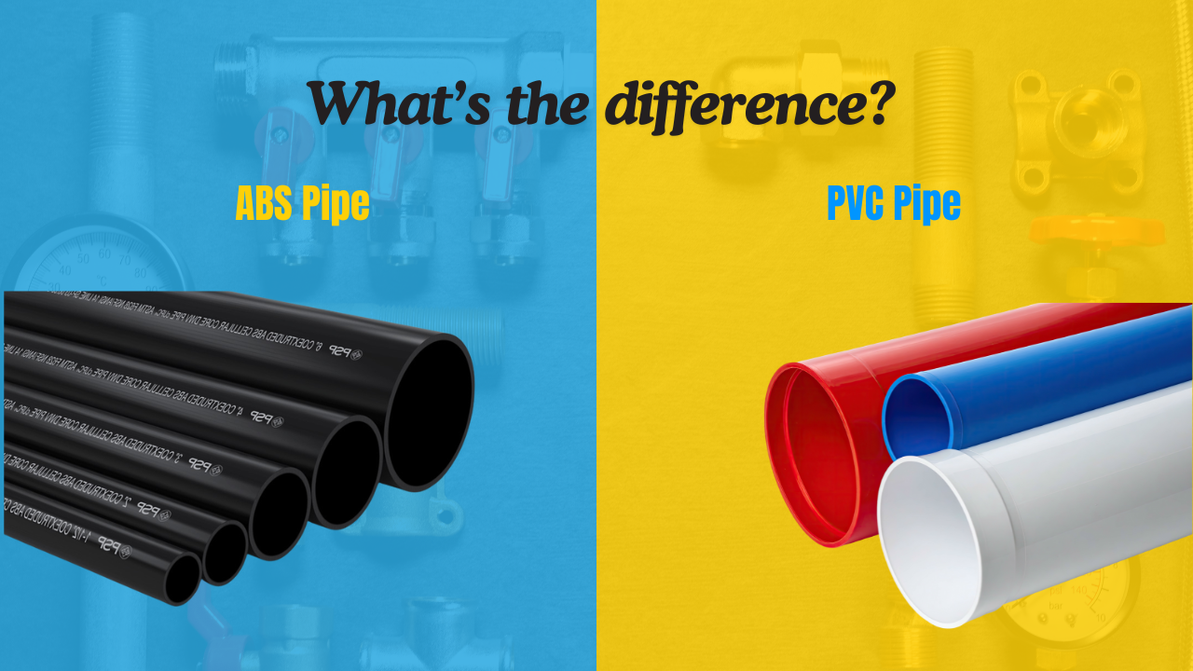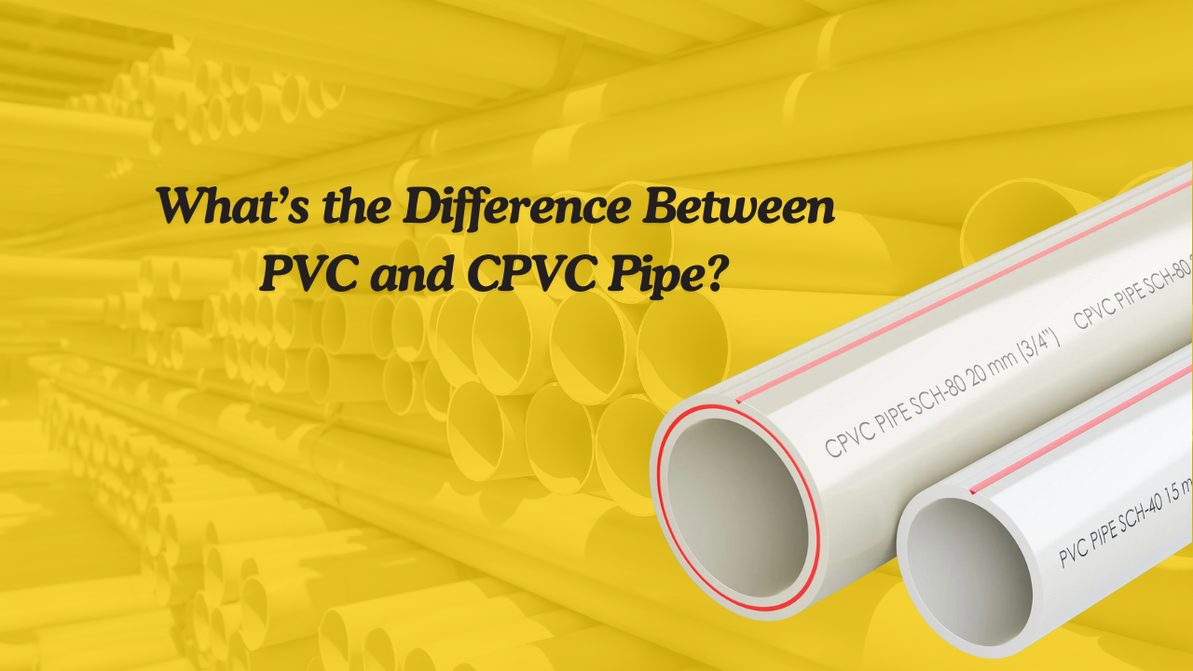Understanding the Life Cycle of Commercial Water Heaters
Commercial water heaters play a key role in everyday business operations, quietly ensuring hot water flows smoothly for kitchens, restrooms, and heating systems. Even though commercial water heaters often operate behind the scenes, you’ll do well to understand their life cycle to maximize efficiency and plan for the future.
Installation and Initial Operation
Installation kicks off the lifespan of any commercial water heater. Selecting the right system for your business needs is the first step.
Proper installation lays the foundation for reliable service down the road. Additionally, capacity, energy source, and efficiency ratings all influence performance.
A quality installation team will walk you through operating the system, equipping you with the knowledge to keep everything running smoothly right from the start.
Regular Usage and Maintenance
Day-to-day use puts the water heater’s efficiency and durability to the test. This stage often lasts many years and is where routine maintenance enters the scene. During this stage, businesses relying on commercial natural gas water heaters should scheduleongoing maintenance to guarantee optimal performance over time.
Annually flushing the tank removes sediment buildup, which can stress the system over time. It’s also important to hire technicians to spot problems, like worn-out parts or thermostat issues, before those become costly repairs.
Signs of Wear and Repairs
Even with proper care, all systems start to show signs of age eventually. When hot water takes longer to arrive or the system struggles with its demands, it’s usually time to schedule a repair. An uptick in energy bills could also indicate inefficiency creeping into the system.
Skilled technicians can resolve many of these issues to extend the lifespan of the unit. However, weigh repairs against complete replacement if those repairs grow more frequent or expensive over time.
Replacement and Upgrades
No commercial water heater lasts forever. Most systems have a lifespan of 8 to 12 years, though proper care may stretch it slightly longer. Planning for a replacement is often wiser than waiting until a system breaks down entirely.
Businesses upgrading their old units gain an opportunity to explore new technologies, like tankless systems or more energy-efficient models. Modern designs often provide better performance and lower operating costs than older units that are nearing the end of their service life.
The Next Cycle Begins
Installing a replacement water heater brings the life cycle full circle. While the old system’s time has ended, a new one begins its role in providing reliable service.
Keeping your commercial water heater running well doesn’t have to feel overwhelming. Understanding the key stages of its life cycle lets you stay ahead of potential issues. Whether you’re maintaining an existing system or considering an upgrade, this knowledge empowers you to make practical decisions for the benefit of your business.
Recent Posts
-
Quick Fixes for a Gurgling Kitchen Sink
A gurgling kitchen sink can be quite a nuisance since it makes such an annoying noise. It usually si …Feb 26th 2026 -
ABS Pipe vs PVC: Choosing the Right Plumbing Solution
ABS pipe vs PVC pipe are two of the most common plastic piping options in plumbing today. ABS (Acryl …Feb 24th 2026 -
What’s the Difference Between PVC and CPVC Pipe?
PVC and CPVC pipes may look similar, but their performance and uses are definitely not the same. PVC …Feb 24th 2026



